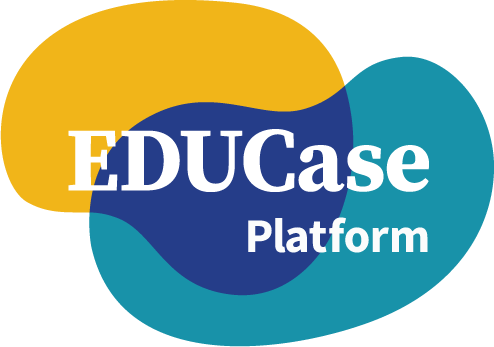Digital solutions for rural Zambia

The student challenge was part of the PBL-BioAfrica project and a collaboration with the University of Zambia, Mulungushi University, HAMK, and Aalto University. The student challenge was set in the rural villages of Zambia with the partnership of Afstor, a Finnish company specializing in manufacturing solar stoves.
The methodological approach to the student challenge was a Problem-Based Learning (PBL) approach. The PBL methodology emphasizes the application of theoretical knowledge to solve real problems. This helps students see the relevance of what they are learning and develop practical skills that can be transferred to professional settings. Subsequently, the students were organized into four multidisciplinary groups. Each group focused on a specific aspect: formal and informal education, improving agricultural yields, teaching marketing to farmers, and exploring how Afstor's solar stoves could benefit women. The students took an active role in their learning process. Instead of passively receiving information from lectures, they engaged in self-directed learning, research, and problem-solving activities. Before the trip, the teams conducted several Zoom meetings, fostering collaboration and brainstorming research topics with their Zambian counterparts.
The initial days in Zambia were dedicated to acclimatization and finalizing research objectives with the local students. The following days the teams conducted interviews and organized workshops in Chiyumu village, immersing themselves in the local community and gaining insights into the challenges faced by the local stakeholders. The students applied service design methods, including interviewing, brainstorming techniques, and data analysis demonstrating the adaptability of their skills to real-world situations. Further on, the students meticulously documented and analyzed the gathered data, leading to the development of practical solutions to address the identified challenges.
The fieldwork provided valuable data for analysis and shattered preconceptions, emphasizing the importance of direct interaction with the locals in problem-solving. Interacting with various local stakeholders offered a unique perspective on the educational system in Zambia, with positive feedback on the Problem-Based Learning (PBL) method. This approach provided an opportunity for all the students to apply classroom knowledge to real-life problems, fostering a rich learning experience.
This project extended beyond the academic realm, allowing the students to explore various facets of Zambia, from cities and towns to rural communities. The connections made with locals during the journey are expected to endure, making the entire experience not just educational but also unforgettable, filled with moments of learning, adaptation, and exciting encounters.
Read more news
Breaking the Darkness: Tackling energy crisis in Lesotho
Lesotho, often called the Kingdom in the Sky due to its high altitude, faces a severe energy crisis, with nearly half of its population lacking access to reliable electricity.
Transforming Interdisciplinary Education: Sustainable Global Technologies (SGT) Across Four Continents
The true impact of our actions often unfolds over time, as demonstrated by the students at the SGT FAIR’24 on May 22. Their work showcased how a single student challenge can drive significant change.
A Global Learning Space: Empowering Students for Responsible Global Engagement
As part of the EDUCase network, the University of Oulu has offered to be the testing ground of a virtual learning initiative that aims to revolutionize virtual learning.
